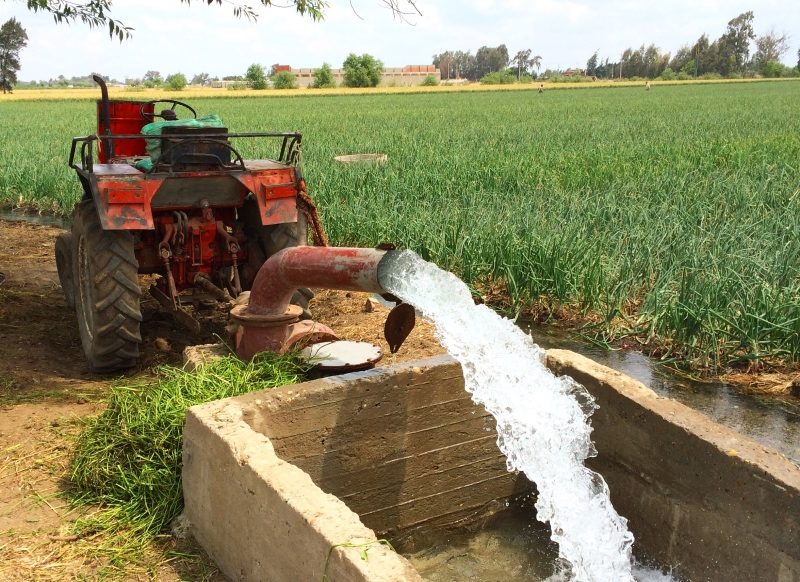The project aims to address the challenges facing groundwater resources in the MENA region in a systematic way. The overarching goal of the proposal is to contribute to finding solutions and mitigation measures to the groundwater crisis, focusing on the crucial area of governance.
The main research questions tackled by the project are:
- Why is there groundwater overdraft, and why is it so hard to curb or regulate?
- What are the governance options available for different contexts?

Building on these questions, the project emphasizes the necessity to take stock of past experiences in groundwater governance at the world, regional, and local level, reviewing the laws, regulations, community-based actions, and institutional structures, as well as their efficacy in controlling access, abstraction and allocation of the resource under varying circumstances. A multi-scale approach has been adopted, working from the international level through to the region and to countries. The project supports the cross-fertilization of ideas from both across the different MENA countries as well as other regions, whilst contextualizing them in the political, economic, cultural and natural frameworks of reference for individual states. This knowledge collected at various scale has been assembled and used as the basis for supporting policy discussions and the development of action plans in three countries. The project has also created spaces for dialogue in three aquifers in the region (Jordan, Tunisia, and Lebanon). In each of these countries, aquifer dialogues were set up, bringing decision-makers, practitioners, and users together, in order to discuss groundwater governance and put forward measures to tackle groundwater over-abstraction.
The project has been led by IWMI and in partnership with various research organizations from the region. The project was initiated in October 2014 and will finalize in September 2016.





